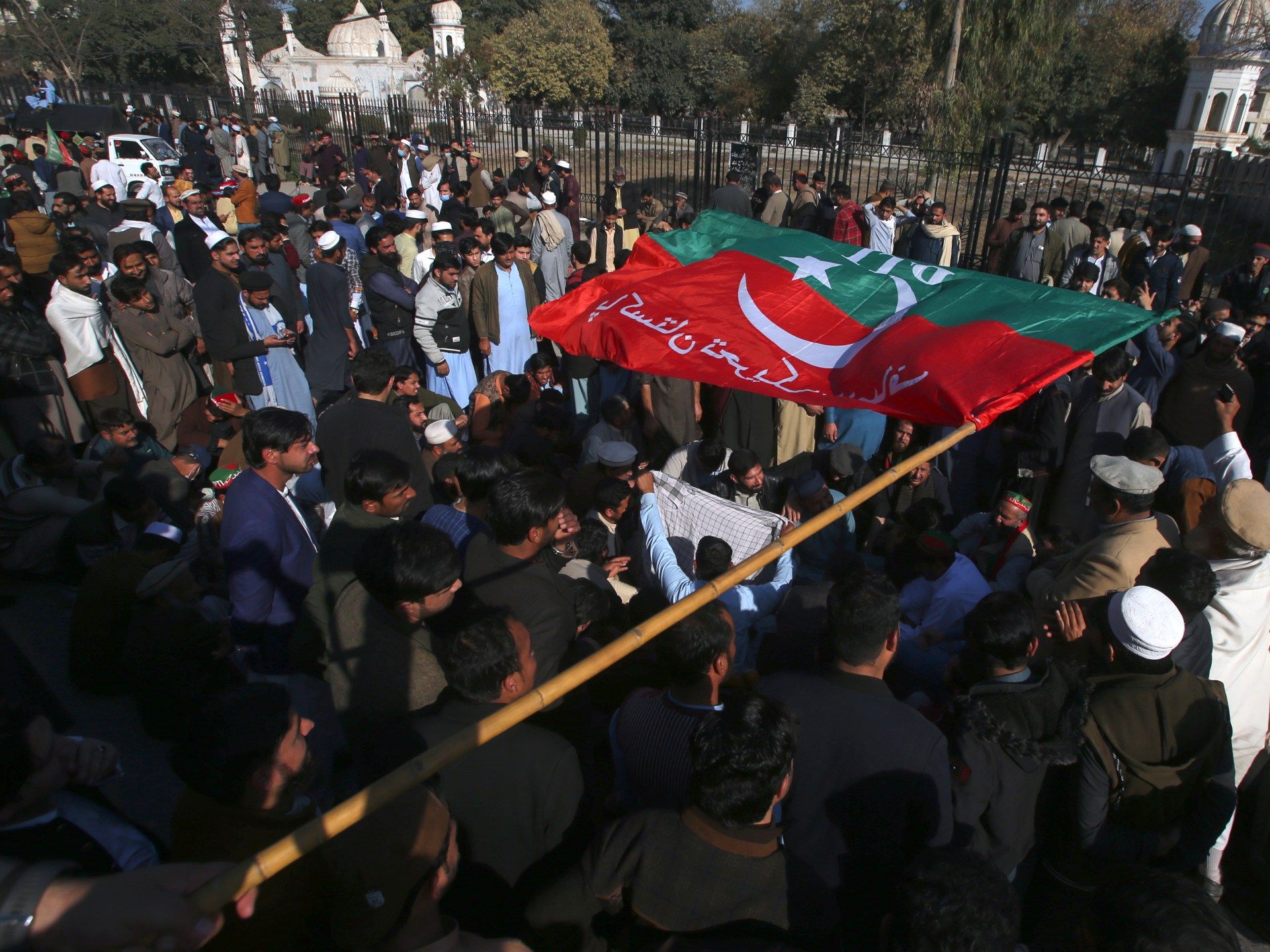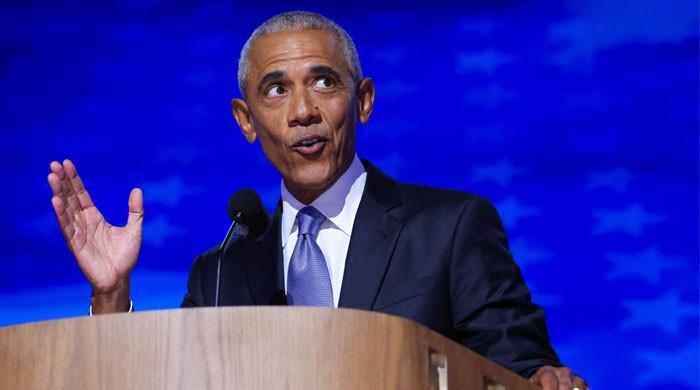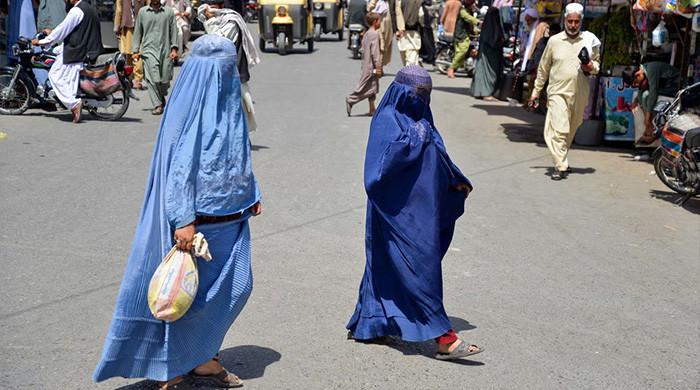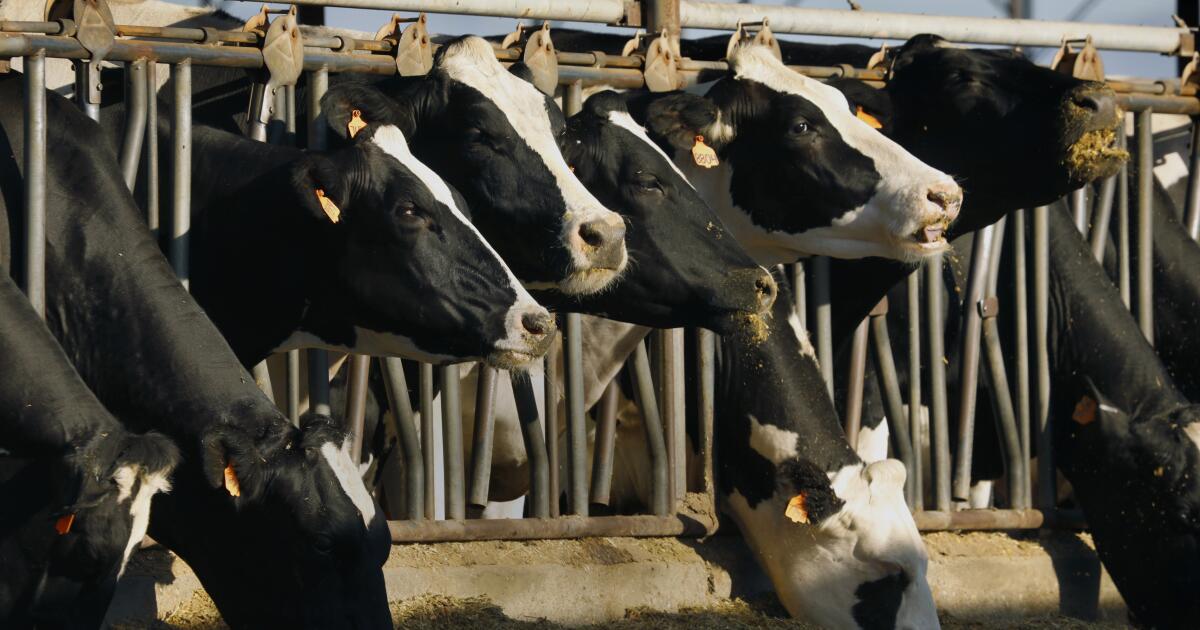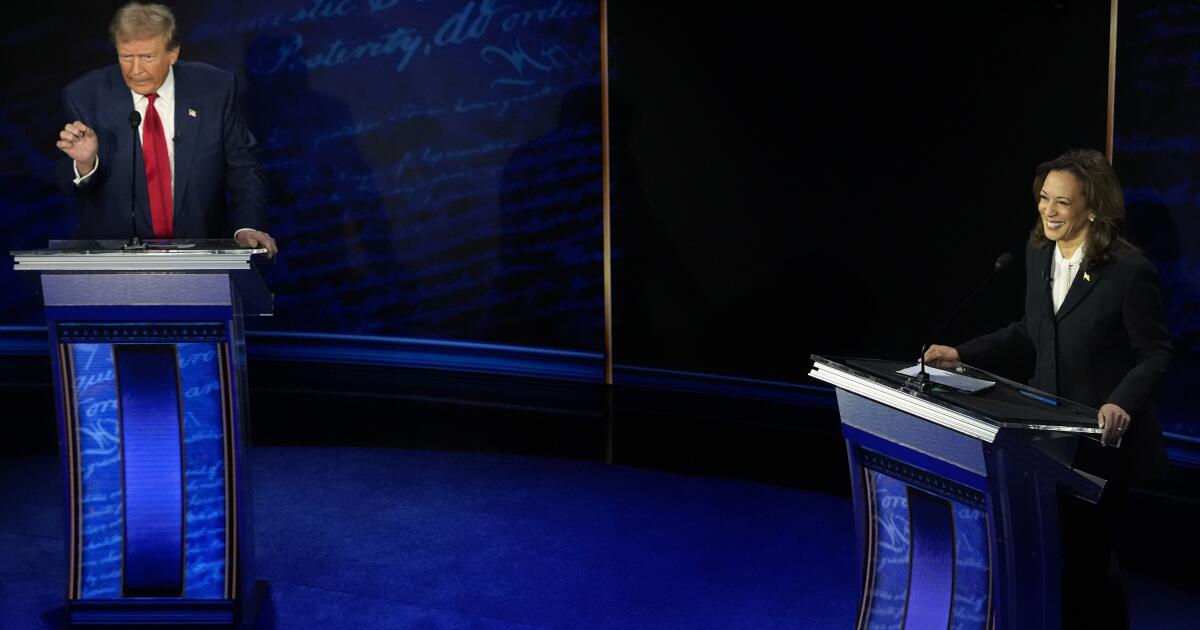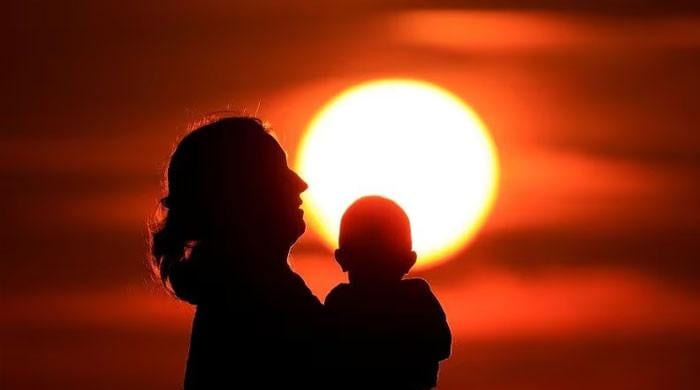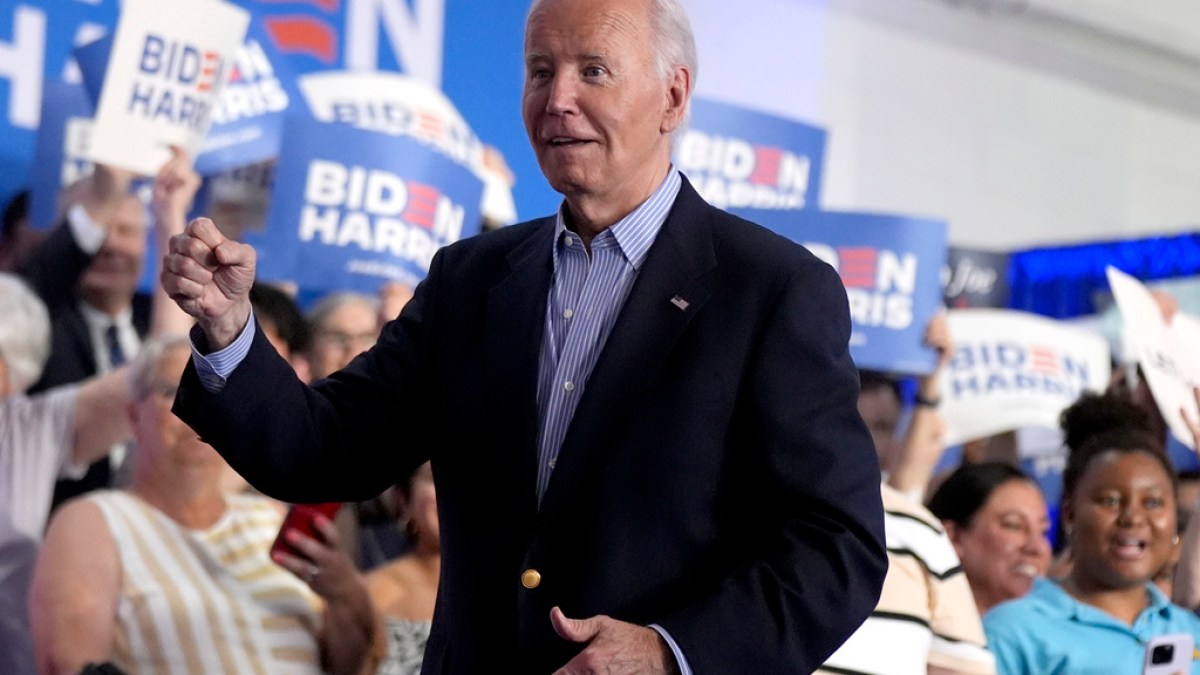Lahore, Pakistan – Two days after Pakistan's general election, a split mandate emerged between the three major parties and there is little clarity over who will be able to form the government.
According to the latest count by the Election Commission of Pakistan (ECP), results have been announced for 253 National Assembly constituencies out of a total of 266 as of Saturday afternoon.
In a surprising result, the largest number of seats have gone to independent candidates, at least 93 of whom are backed by Pakistan Tehreek-e-Insaf (PTI).
In December last year, the party was stripped of its electoral symbol, the cricket bat, accused of violating laws on holding internal party elections, forcing it to field its candidates as independents.
The Pakistan Muslim League-Nawaz (PMLN), which entered the elections as the expected favourite, has emerged with the second-largest mandate, with just 71 seats.
In third place is the Pakistan People's Party (PPP), which managed to win 54 seats, 11 more than it won in the 2018 elections.
With such division, the big question now is who will be able to form a government in Pakistan, a country of 241 million people that has suffered two turbulent years of political instability, an economy on the verge of default and growing internal security. challenges.
How is a majority determined?
With 266 seats up for grabs in the general election, a simple majority of 134 is required for any political party to form a government.
However, in theory, members of parliament can form a government regardless of their party affiliation.
In the case of the PTI, its affiliated candidates may choose to avoid joining other parties and instead join as independents. This would allow them to form a government if they collectively cross the required threshold of 134 seats.
However, doing this could result in a weak government, perpetually vulnerable to the whims of individuals who may choose to defect from the ruling coalition, something that is much more difficult when linked to a formally organized political party.
Another disadvantage of remaining independent is that they would not be able to benefit from the quota of reserved seats that is maintained for women and minority candidates. In Pakistan's lower house, 266 seats are directly elected, with an additional 60 seats reserved for women and 10 for minorities. These seats are distributed among the parties according to the proportion of seats they have won.
If PTI-backed candidates decide to join hands with other parties to form a government, they must announce their decision within three days of the official notification issued by the ECP after completing the counting of votes, scheduled for Saturday night. .
How have other parties reacted?
The leaders of the other two parties with the largest number of votes – the PMLN and the PPP – held a meeting on Friday night in Lahore, after PMLN leader Nawaz Sharif declared his party “winner” in the elections. parliamentary elections.
Sharif's claim that his PMLN had emerged as the party with the largest mandate is technically correct as the PTI-backed legislators are independents.
However, he also acknowledged that his party had failed in its goal of achieving a simple majority, so he is now contacting other parties to discuss forming a coalition to form a government.
Speaking to Al Jazeera, Abdul Basit, a researcher at Singapore's S Rajaratnam School of International Studies, said the provincial results show the PMLN and independent candidates are neck and neck in the Punjab provincial assembly, which is seen as vital to form a government with its large number of seats.
“What is emerging is that two main parties will be in control of two provinces – the PTI will get Khyber Pakhtunkhwa and the PPP will get Sindh. Whoever controls Punjab will always have a sword of Damocles hanging from his head, due to the divided result,” he added.
Why are there accusations of manipulation?
While the parties have begun talks to form a new government, the PTI has alleged widespread manipulation of the results to steal its majority. While he could have been in a position to form a government on his own, he now needs the support of a coalition to do so.
Party leader Imran Khan, who has been jailed after being convicted on corruption charges, has stated on multiple occasions that the PTI will refuse to be part of a coalition government.
The election results arrived unusually late despite the deadline set by the country's electoral body. The results began to be known almost 10 hours after the voting ended.
The PTI has alleged that the results of many seats were manipulated to deny it a victory. Some candidates have already taken legal action, demanding that the courts issue an order suspending the final results.
The international community, including the United States, the United Kingdom and the European Union, have also demanded an investigation into the PTI's claims.
What will the PTI candidates do now?
The PTI, reluctant to establish any formal alliance with another party, is considering joining the opposition benches “under the banner” of another party to enter the government. Meanwhile, it will also seek legal avenues to revoke seats it alleges have been stolen from its candidates.
“We will merge with a small party to enter parliament under one symbol, and that means our candidates will no longer be independents. We will join a political party chosen by our leader Imran Khan,” Syed Zulfikar Bukhari, a senior PTI member, told Al Jazeera.
However, another senior PTI member Gohar Ali Khan, who is leading the party after his imprisonment, said in a press conference on Saturday that the party will continue trying to form a government as it won the maximum number of seats.
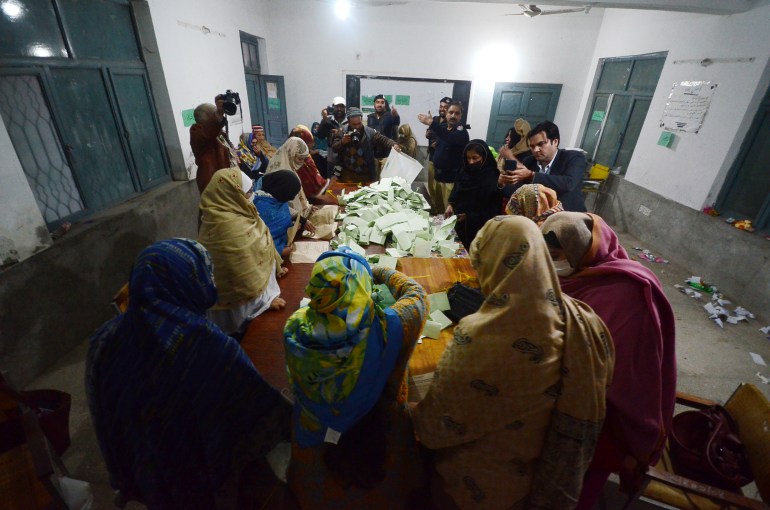
Speaking in Islamabad, he added that if the full results were not published by Saturday night, the PTI would hold peaceful protests on Sunday.
However, Bukhari, who is also Khan's adviser, said the party is content to take the position of “kingmaker” due to its number of seats and will do “whatever we want”.
“We will not align with any major party to establish a hodgepodge government at the centre. We have learned from our previous mandate that having a government committed to allies means being blackmailed daily,” he stated.
He also added that he does not believe that a government formed through an alliance of other parties will last long.
“We intend to merge with one party to put all our candidates under one banner, and we will be the strongest opposition this country has ever seen,” Bukhari said.
What will happen next?
Amid so much uncertainty, analysts believe the split result means that no party will be able to form a government alone: two of the three big parties will be forced to form an alliance.
Basit, of S Rajaratnam School, told Al Jazeera that he foresees a return of the ruling alliance that ruled the country after April 2022, when Khan's PTI government was toppled following a no-confidence vote.
“From the fact that the PPP and the PMLN have already held a meeting and Sharif in his speech said that he wants to reach out to other political parties, it seems that we are going to see the emergence of version 2.0 of the Pakistan Democratic Movement (PDM) from this result. ” he said, referring to the ruling alliance that managed to overthrow Khan.

Political analyst Arifa Noor, however, said the PTI should focus on forming a government in Khyber Pakhtunkhwa, where it has swept the provincial assembly, winning 90 of 115 seats.
“Government formation should be your goal right now. They must be aware of the reality that the military establishment will not give any space to the PTI, so it would make sense to establish itself in its stronghold there,” he told Al Jazeera.
Basit, however, said the results have shown that the elections did not provide the necessary stability that the country “desperately” needs.
“The objective of these elections was to ensure some stability in the country that is mired in crises, such as political instability, weak economy or security concerns. But with these results, only a confusing situation will emerge and stability will remain elusive,” he stated.
Noor added that considering the kind of allegations the PTI is making about results manipulation, many of its legislators may now end up spending valuable resources, time and energy fighting these battles in court.
“It takes time and effort, and while some are definitely going to achieve it, many other politicians seem to question whether it is worth doing. However, I think there will be a legal battle before the results,” he added.

